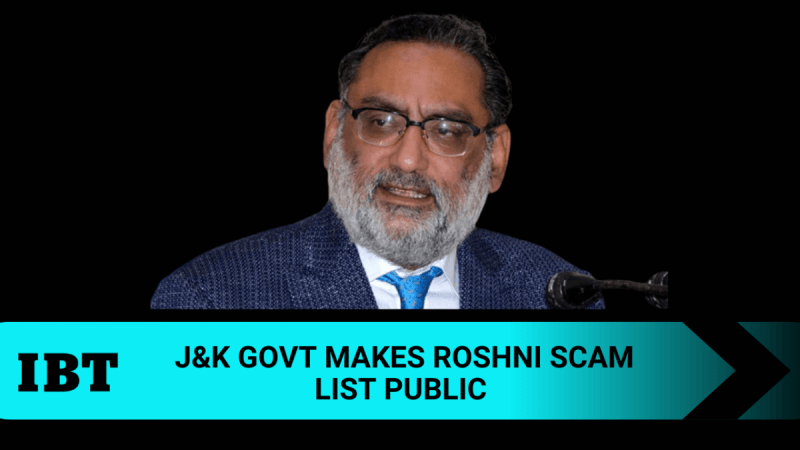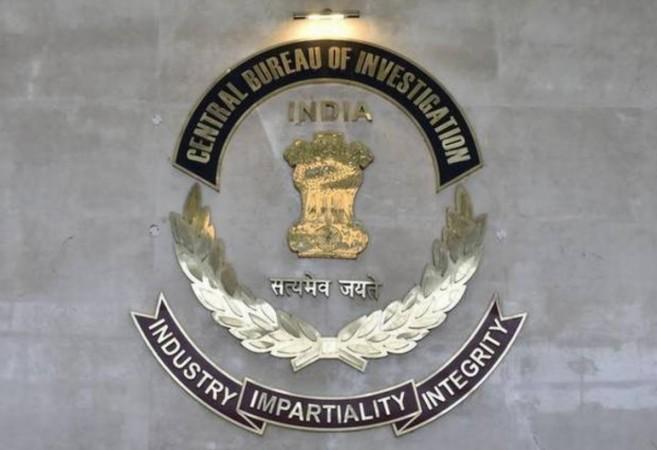The Jammu and Kashmir administration published on its website the list of high profile beneficiaries under the scrapped Roshni Act. The beneficiaries include former State ministers, retired civil servants, bureaucrats, police officers, prominent businessmen and political parties.

The government in its decision to implement the high court order has directed the revenue authorities to declare all mutations of the allotted land under the act as void and start the process to retrieve the land from the possession of the erstwhile beneficiaries who have now been declared as illegal encroachers.
The investigations into the Rs 25,000 crore land scam generated through the implementation of the Act have been handed over to the CBI that has reportedly brought some of the high profile beneficiaries into its scanner.
List of JK leaders, bureaucrats that were named and shamed
Among those who were allotted land under the now-scrapped Act are
- Haseeb Drabu, former Finance Minister and ex-Peoples Democratic Party (PDP) leader;
- K.K Amla, businessman and Congress leader;
- Nighat Pandit, wife of retired IAS officer Shafi Pandit;
- Syed Akhoon of the National Conference;
- M.Y. Khan, former Chairman of J&K Bank;
- Sujjad Kichloo, former National Conference Minister.
What is the Roshni Scam, the Rs 25,000 cr land scam?
The Jammu and Kashmir State Lands (vesting of ownership rights to the occupants) Act or Roshni Act was passed by the then state assembly in November 2001 and it was enacted in March 2002. The idea was to sell state land to private owners so that funds can be generated for hydropower projects.
Interestingly, the Roshni Act was envisaged to generate an income of over Rs 25,000 crores to the state government that would be used for hydropower generation, hence the name Roshni.
The Roshni Act proposed that ownership rights be given to persons holding state land unauthorisedly till the cut-off year of 1990, on payment equivalent to the market rate prevailing that year, as "eviction of these lands is very difficult".

In 2005, the PDP government led by Mufti Mohammed Sayeed relaxed the cut-off year to 2004, which was further moved to 2007 under the Congress government led by Ghulam Nabi Azad (the Congress and PDP were in alliance at the time).
The objective of the Act was to raise resources for hydro-electric projects. While the government expected to realise over Rs 25,000 crore as regularisation fees, a 2014 CAG report noted that only Rs 76 crore had been realised from the transfer of encroached land between 2007 and 2013.
In a shocking revelation, the land was evaluated at the market price prevailing at the time of allotment and then transferred in the name of the beneficiary by giving a rebate of 80 per cent over the market rate. Thereby, a Kanal of land that would cost Rs one crore at the time of transfer under the Roshni Act was allotted at Rs 20 lakh.
The Act saw two amendments in 2005 and 2007. In December 2018, the then J&K Governor Satya Pal Malik had repealed the controversial Act.
(Inputs from wires)











